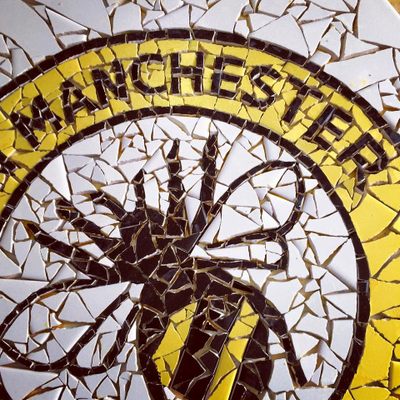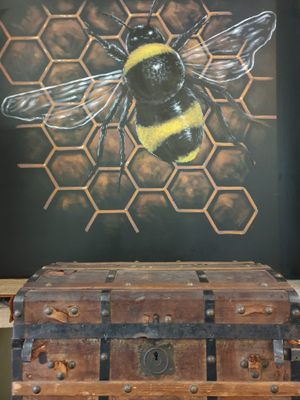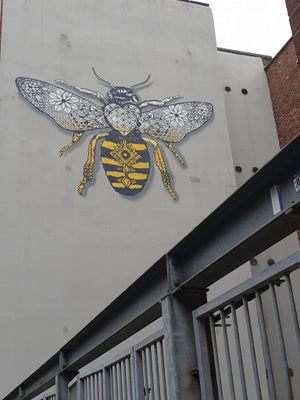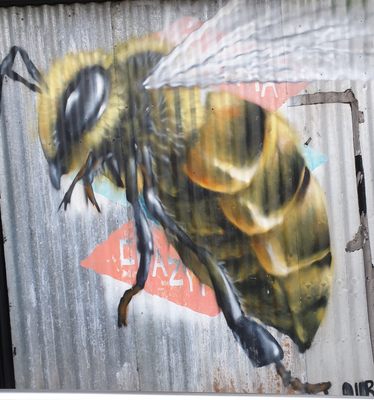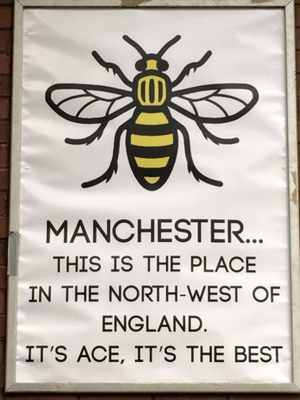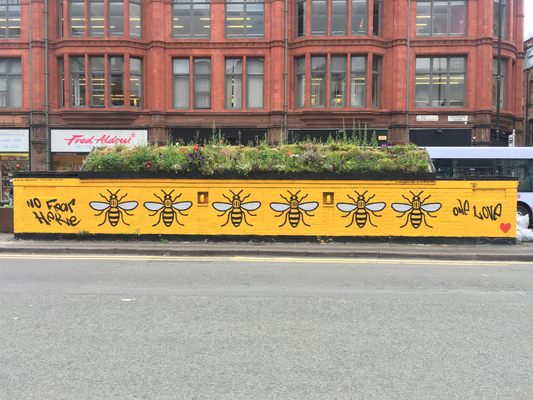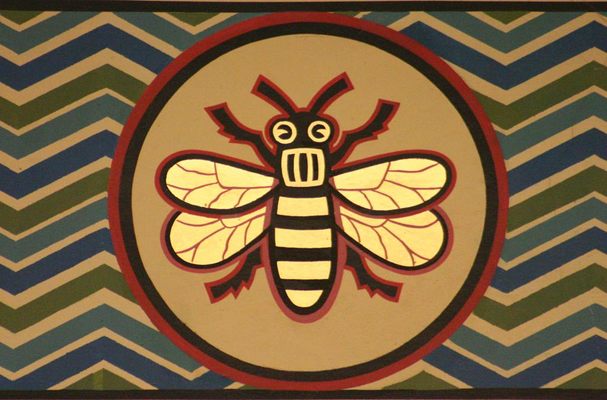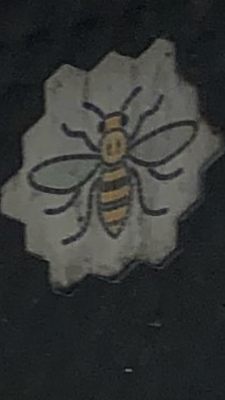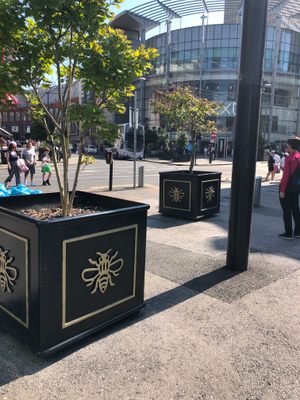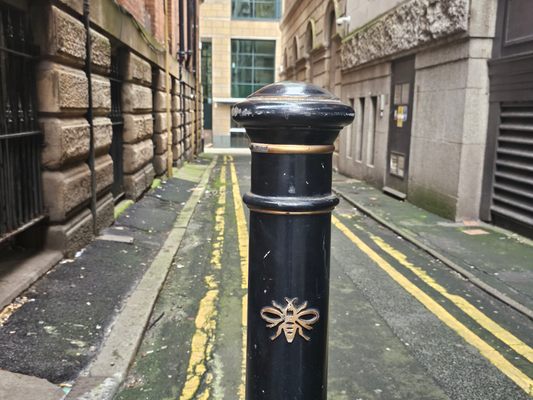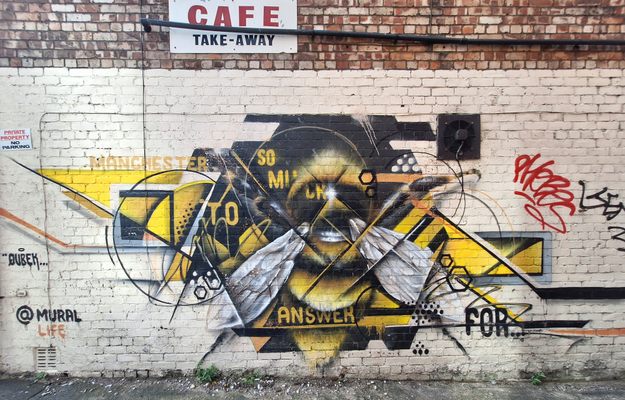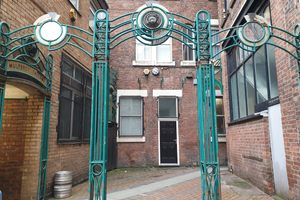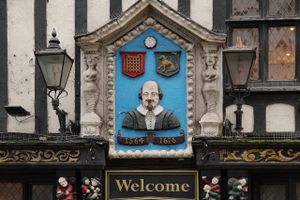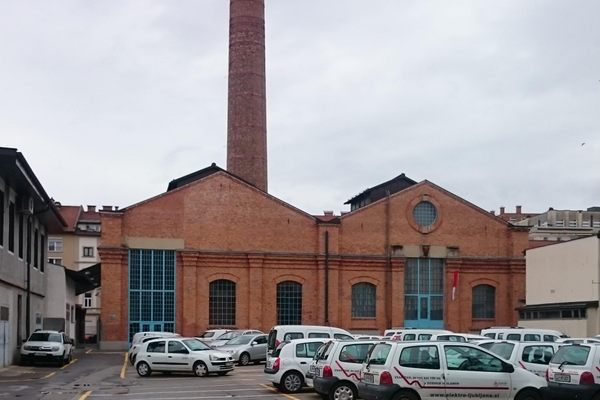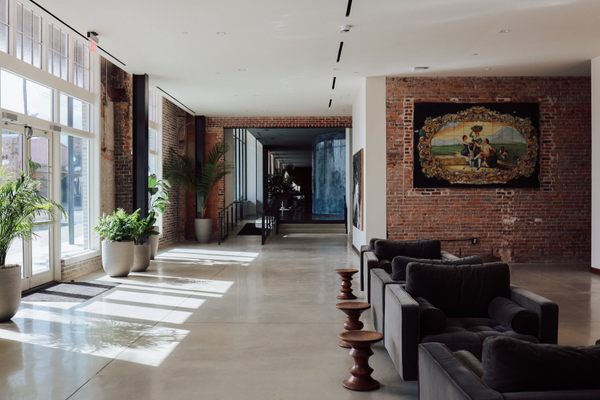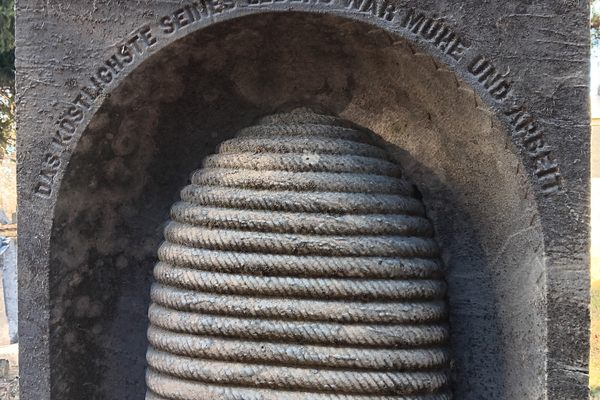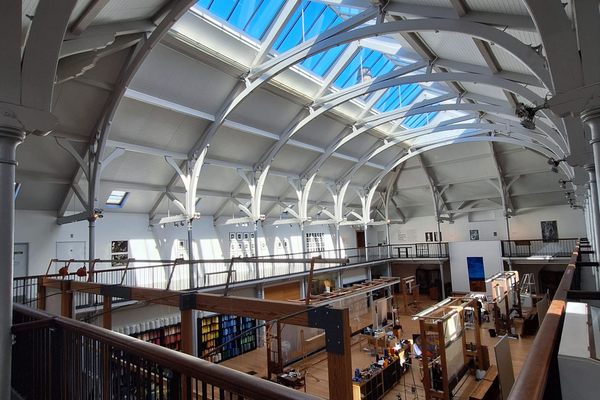About
If you find yourself in England’s third most populated city, look closely at flower pots, bollards, sign posts, tile artwork, even the arms of tattoo enthusiasts, and a popular insect is most certainly to appear: The Manchester Bee.
The worker bee took on significance for the city during England’s Industrial Revolution as a symbol of the hardworking Mancunian and the city as a buzzing hive of manufacturing. In 1842, it was included on the crest of the city’s coat of arms, flying over a globe to highlight Manchester’s international links and status. When the Town Hall opened in 1877, bees could found adorning a number of surfaces and were later used in 1912 on the clock faces of the Refuge Assurance clock tower, the tallest structure in the city for many years.
The popularity of the symbolic bee has grown in recent years. After a terrorist attack at a music concert in Manchester in 2017, the city reintroduced and revitalized the worker bee. For some time, it became the most requested tattoo design in local ink parlors, as bee tattoos were a popular way to raise money for victims of the attack. Across the city center, you can also graffiti tributes to the iconic insect.
Today, the worker bee symbol can be seen all over the city. Look everywhere, high and low, in common and obscure places—the bee is there.
Related Tags
Community Contributors
Added By
Published
March 20, 2018


